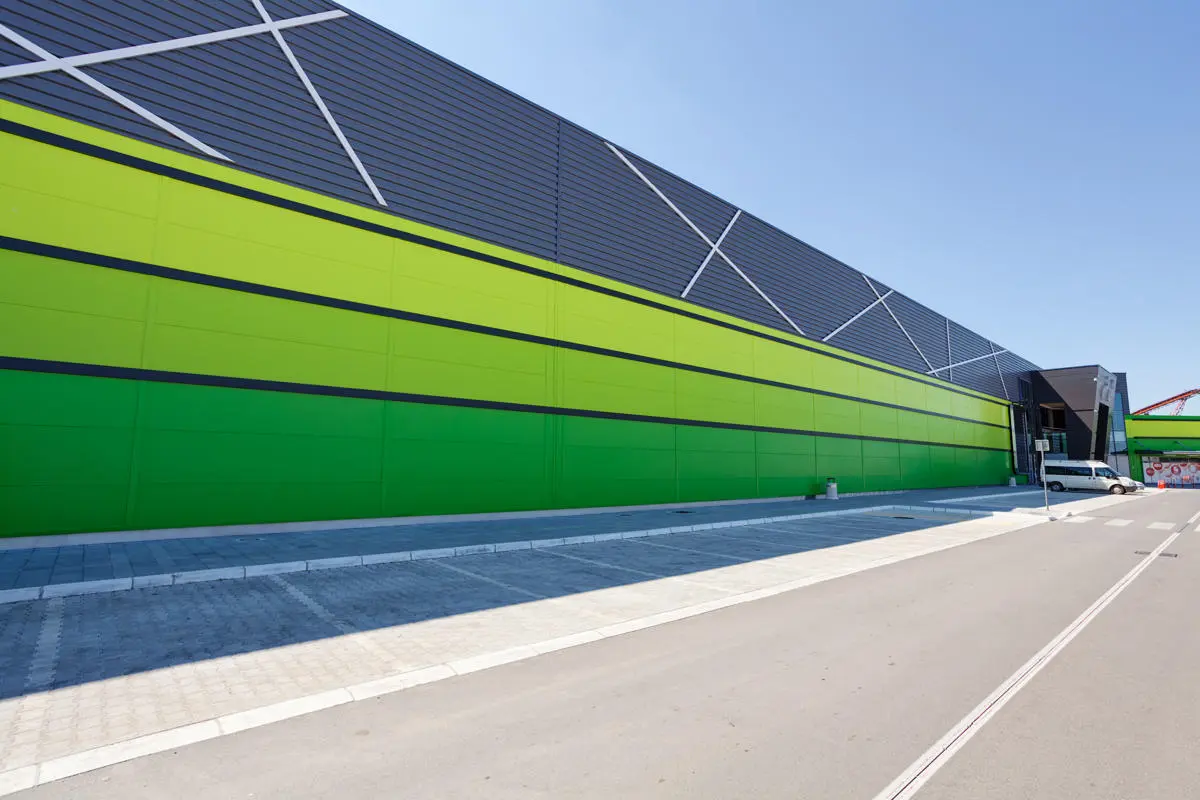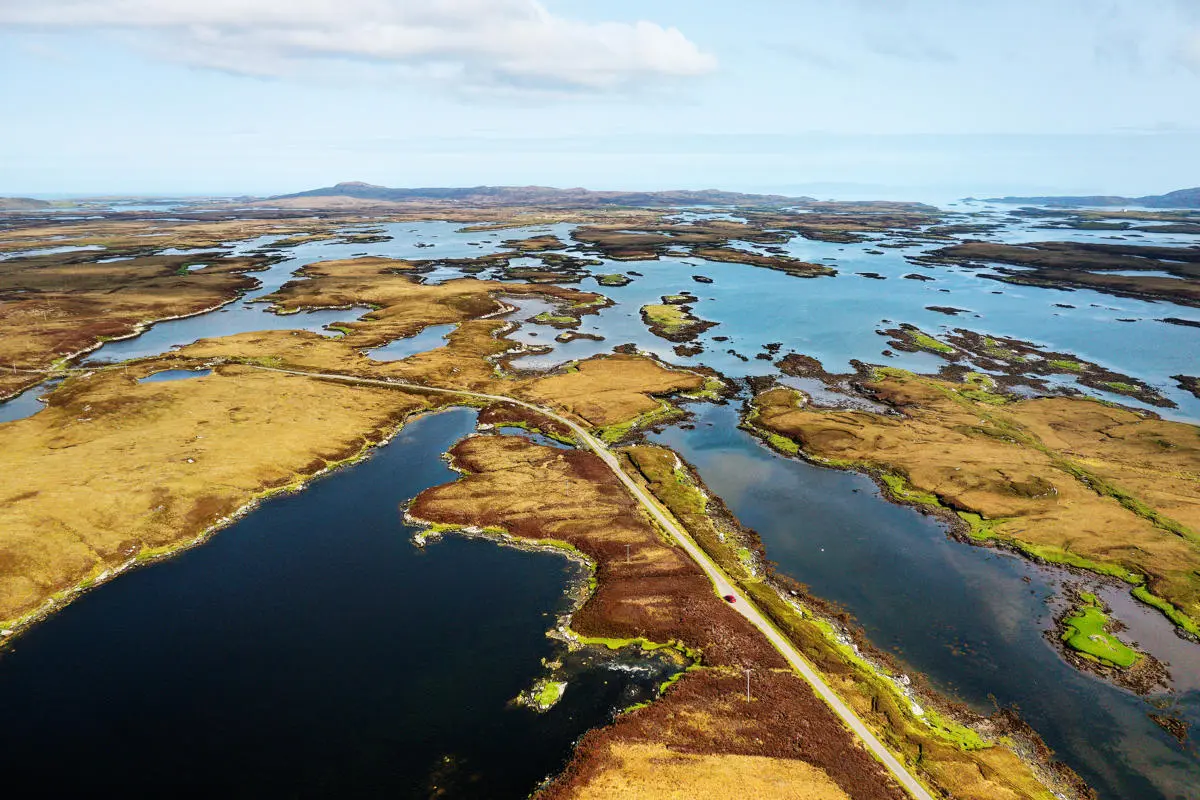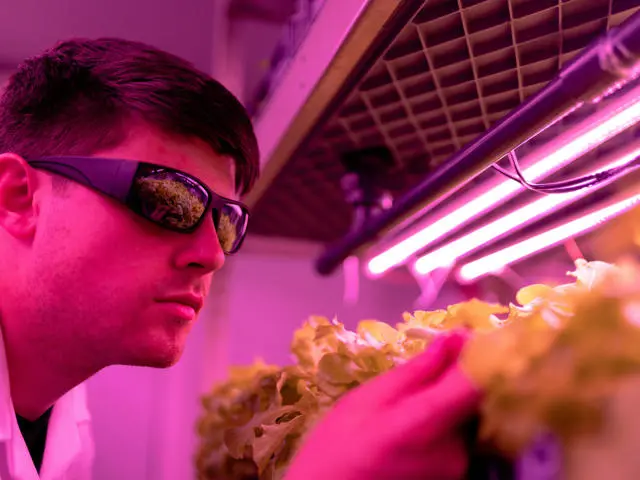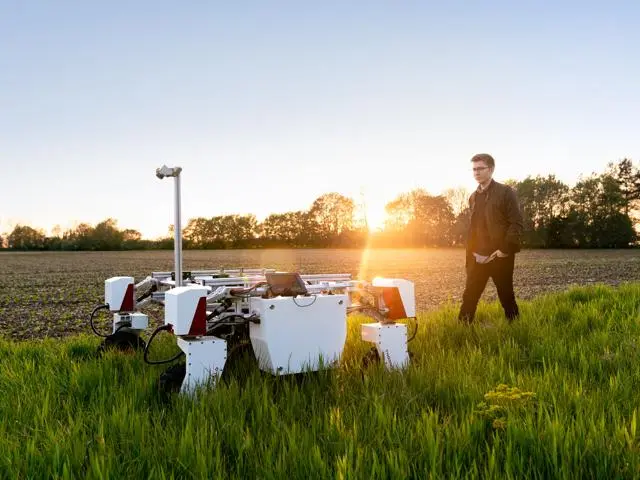Achieving a just transition
Founded on our leading expertise in energy, engineering and construction, we're focused on building a new future through decarbonisation, energy transition and radical innovation. And a transition from fossil fuels must be a ‘just transition’, one where industry, transport and communities are all part of the solution.
We are making breakthroughs to help propel us towards a carbon-neutral future, in leading centres of excellence including the Research Centre for Carbon Solutions and the Industrial Decarbonisation Research and Innovation Centre (IDRIC), the focal point of the green transformation in the UK’s industrial heartlands.
From Heriot-Watt University Dubai’s Centre for Excellence in Smart and Sustainable Construction to the Islands Centre for Net Zero in Orkney, collaboration and partnerships are essential for inclusive innovation. Read more about our research and iNetz+, our global research institute focused on achieving net zero and beyond.
Our sustainability strategy
We are committed to continuing our progress to make our activities more sustainable in support of achieving the UN Sustainable Development Goals.
Read moreGet in touch
At Heriot-Watt University, our enterprising research culture thrives on diversity, inclusivity, and collaboration. We foster an environment where every researcher feels valued and supported, driving key themes like Research Careers, Collegiality, Open Research, and Research Integrity. By celebrating efforts and promoting an inclusive community, we shape the future of research with purpose and impact.
Professor Steve McLaughlin, Vice-Principal and Provost
Together, we shape the future.
Since 1821 we have been at the forefront of new ideas and solutions, creating radical innovations that make a difference in the real world. Heriot-Watt has an established reputation as a dynamic facilitator of successful strategic alliances. The University aims to solve problems of real significance to society by excelling in research and enterprise.








